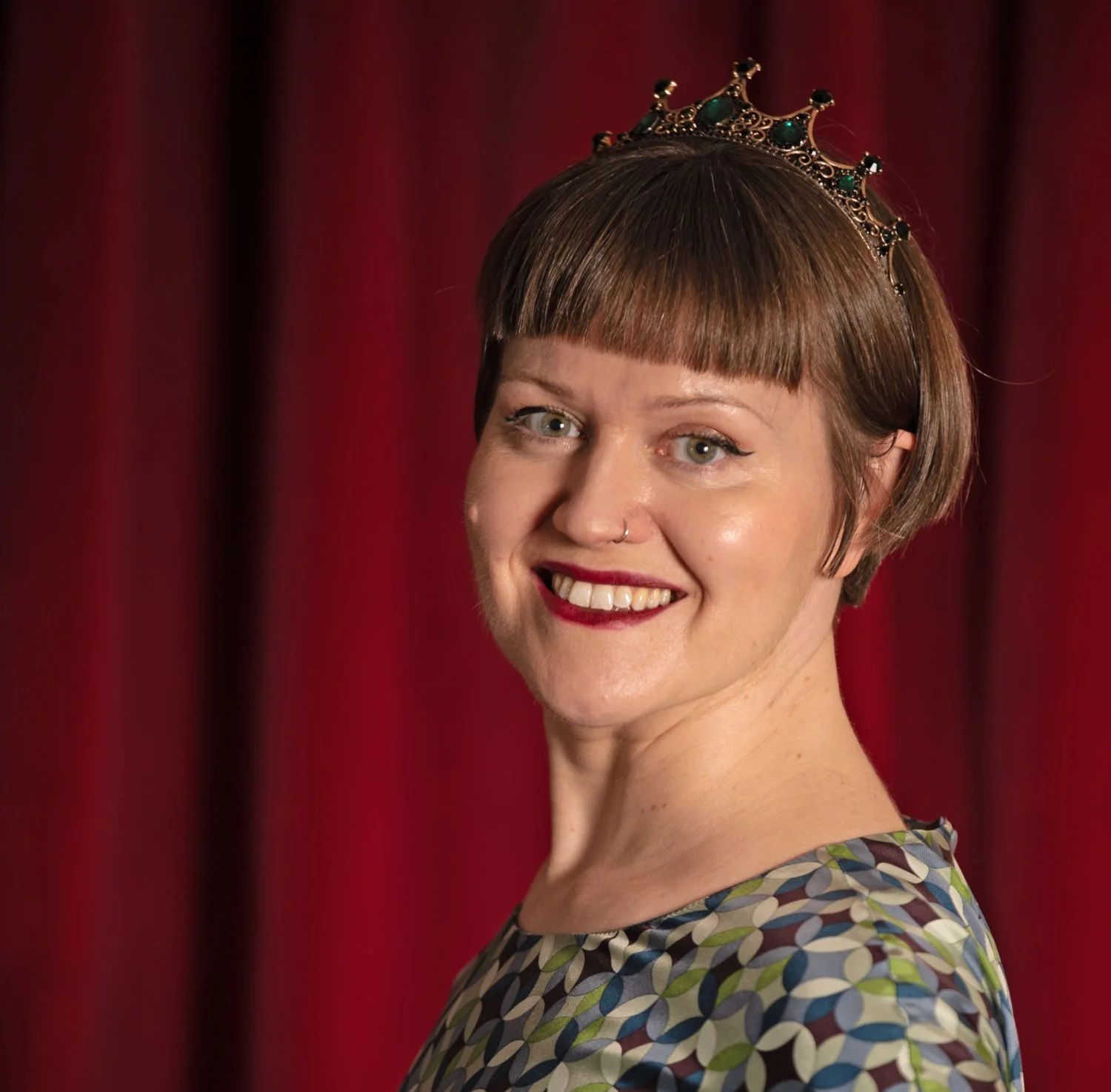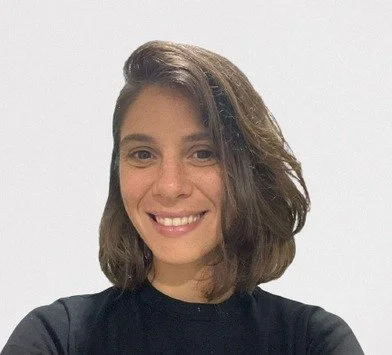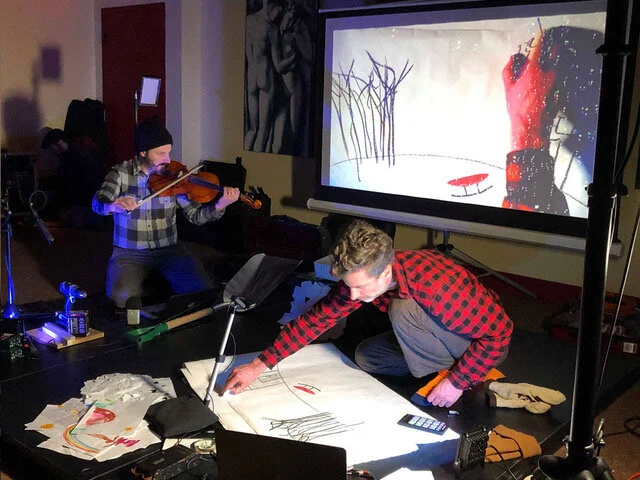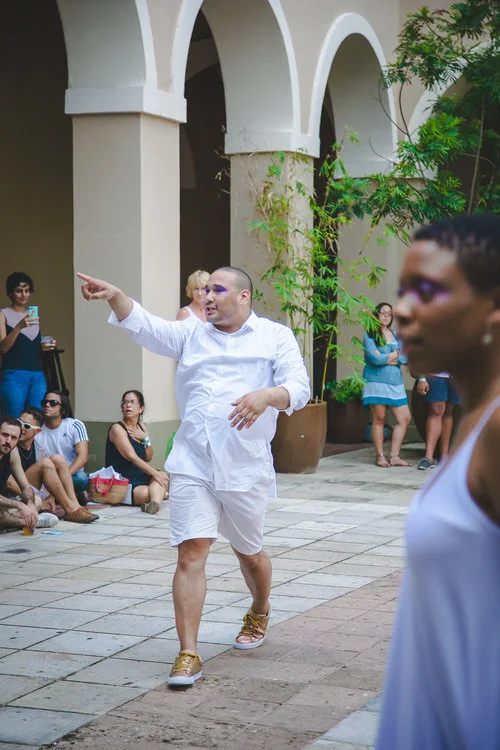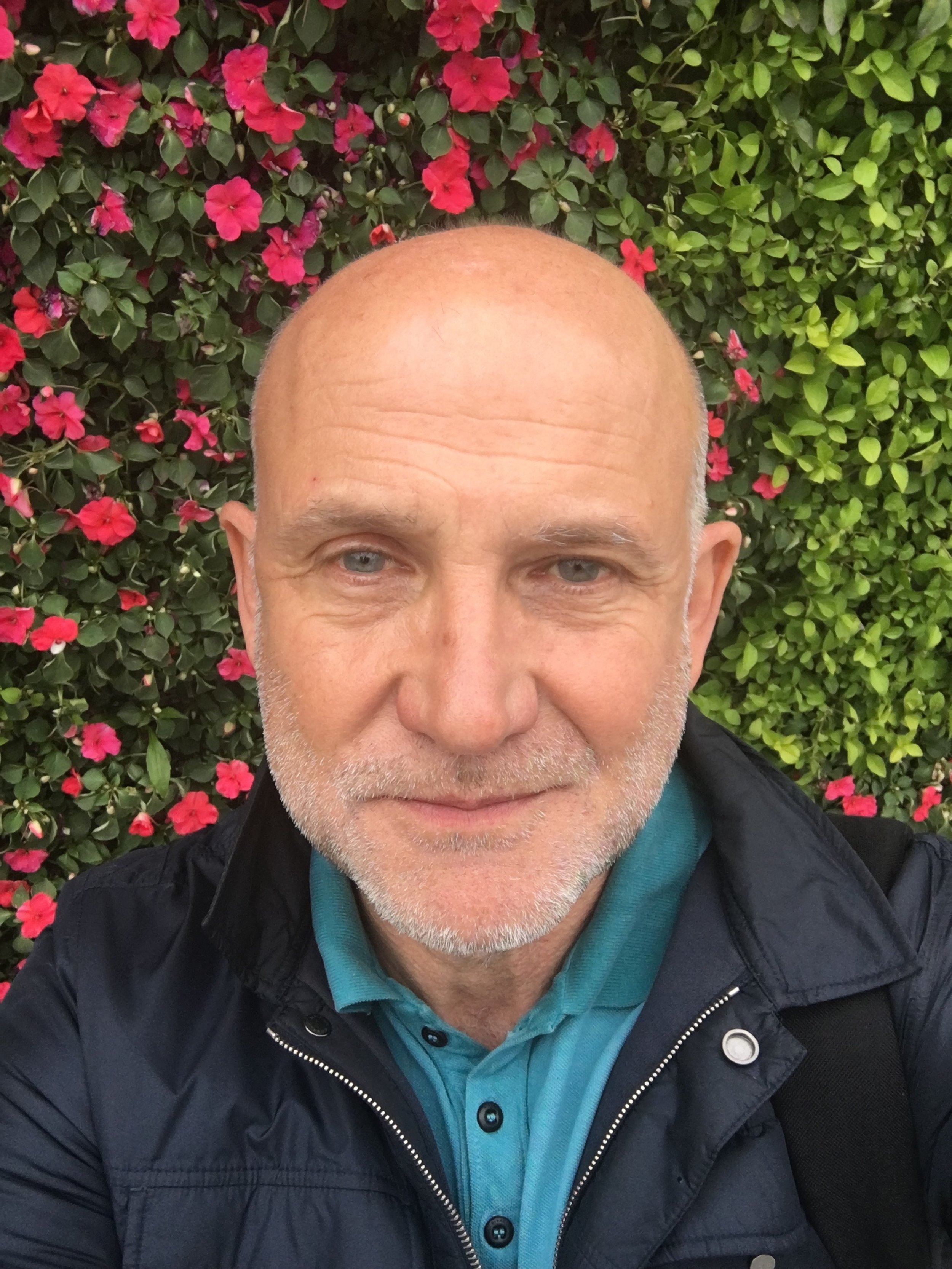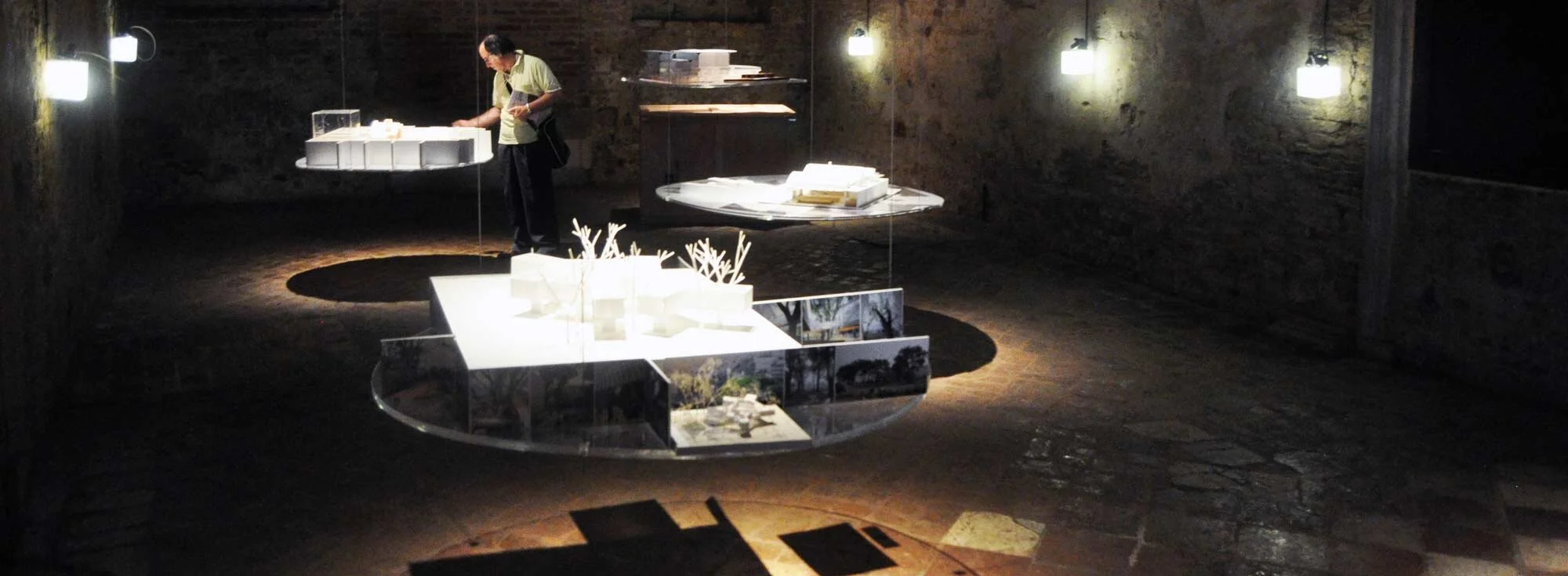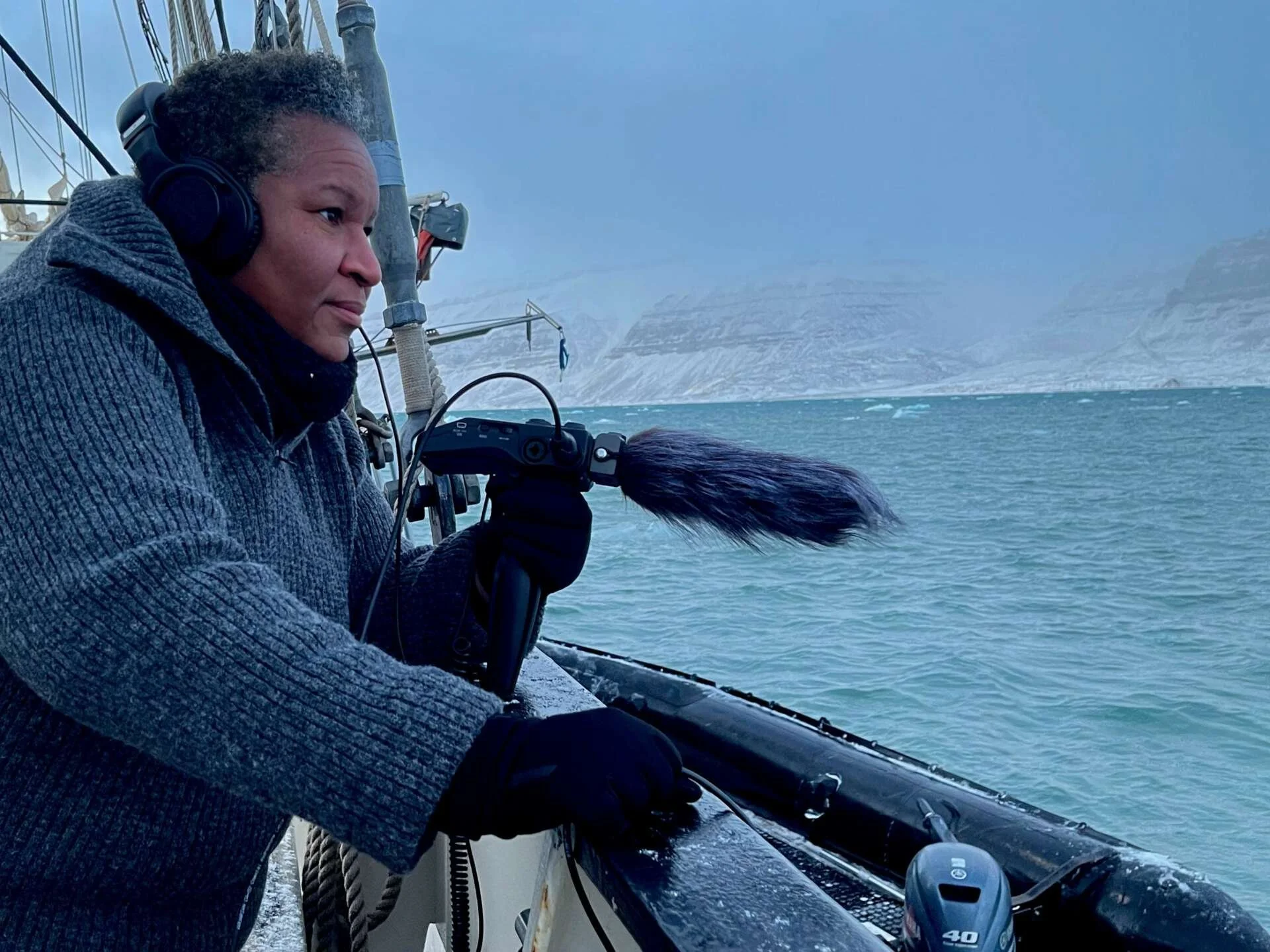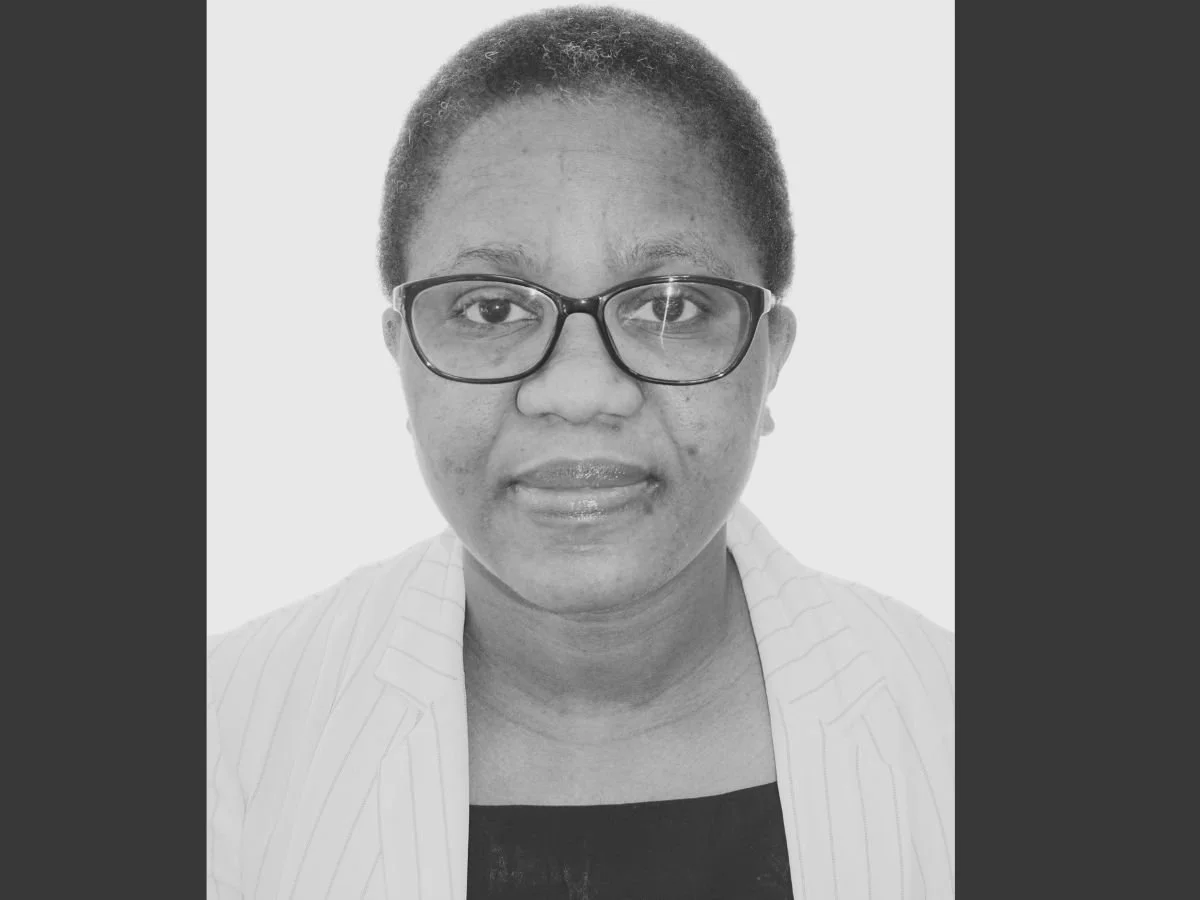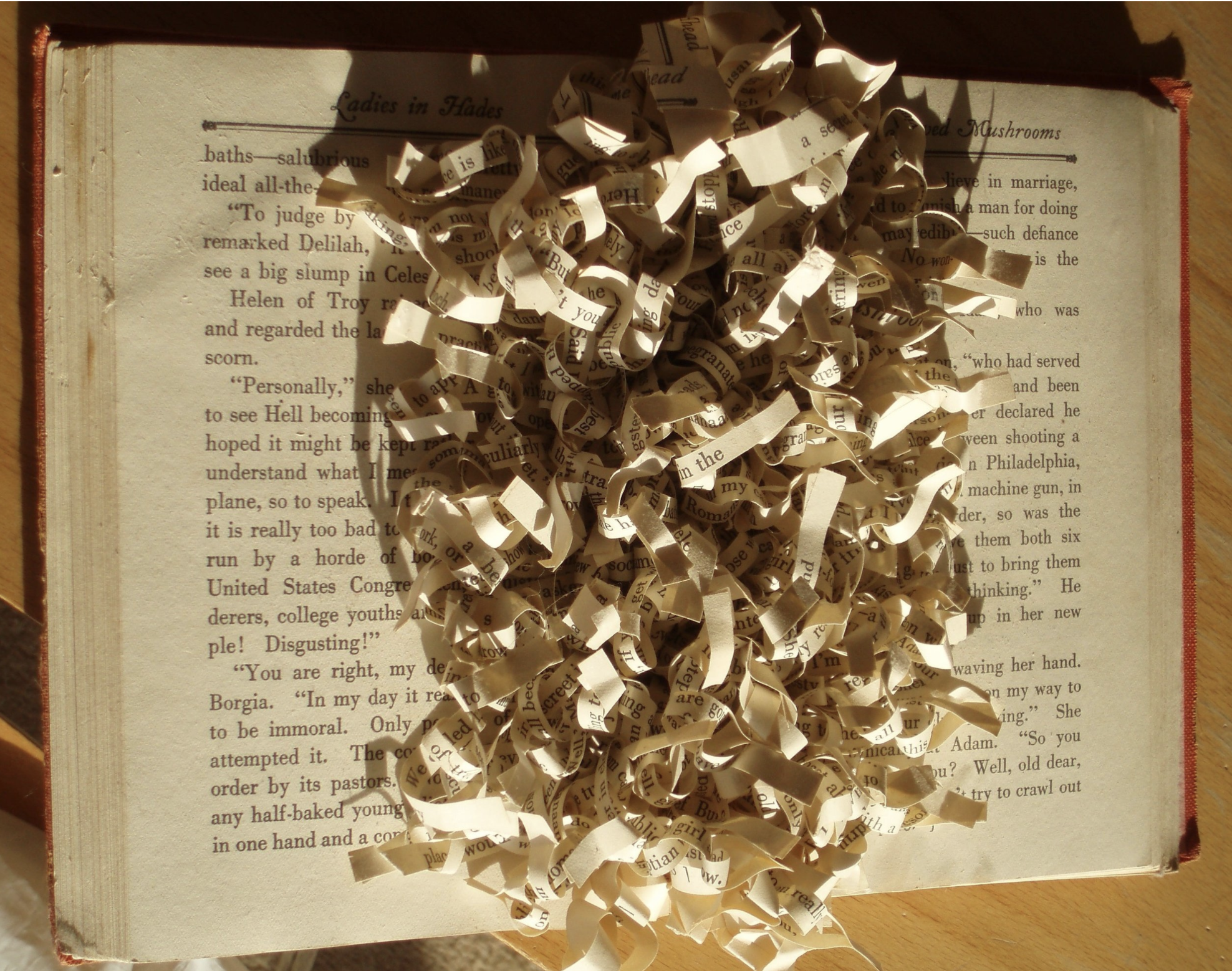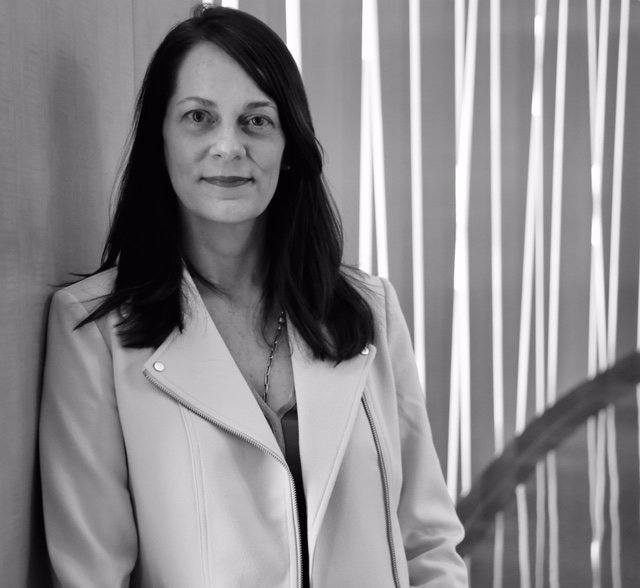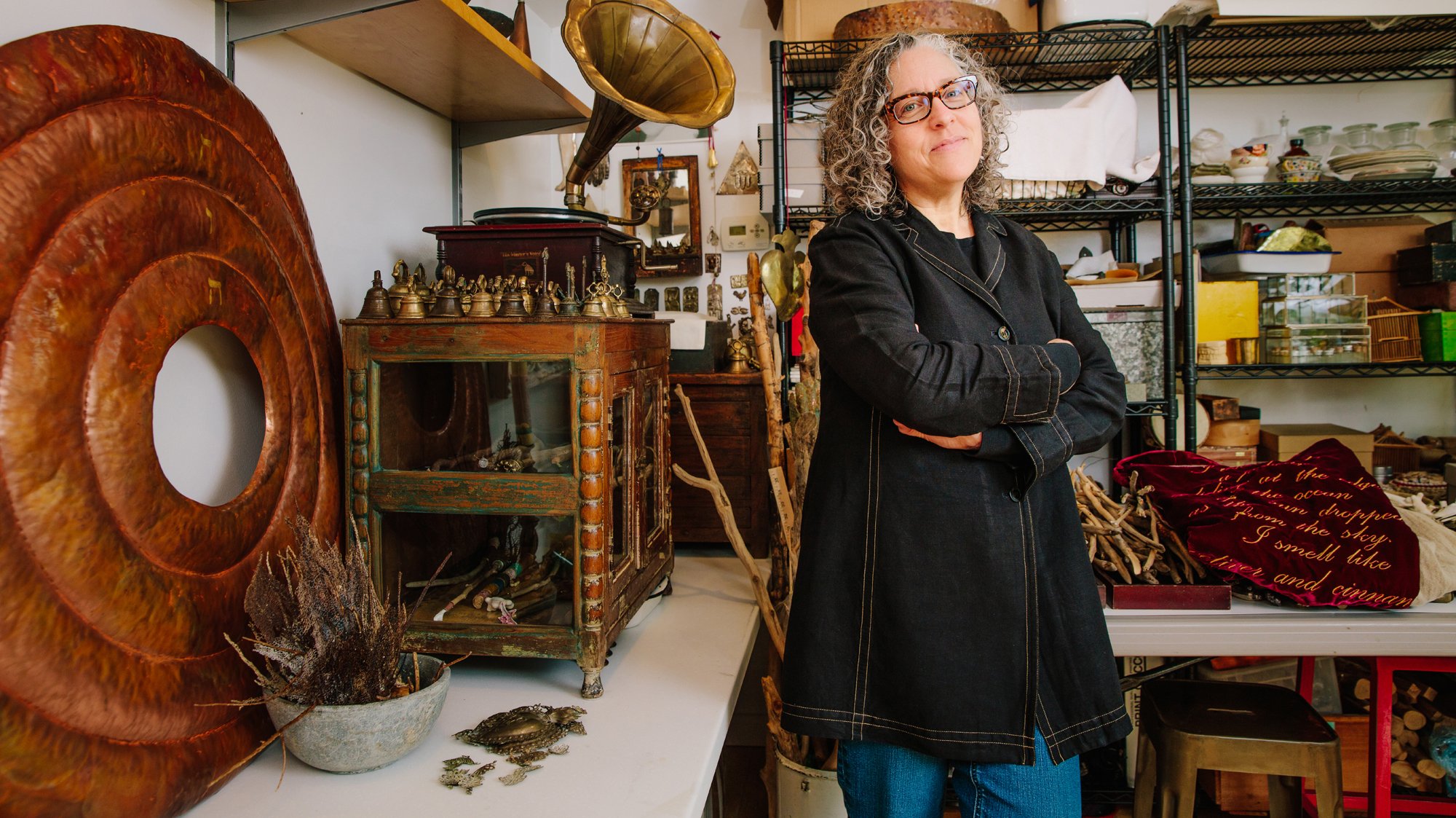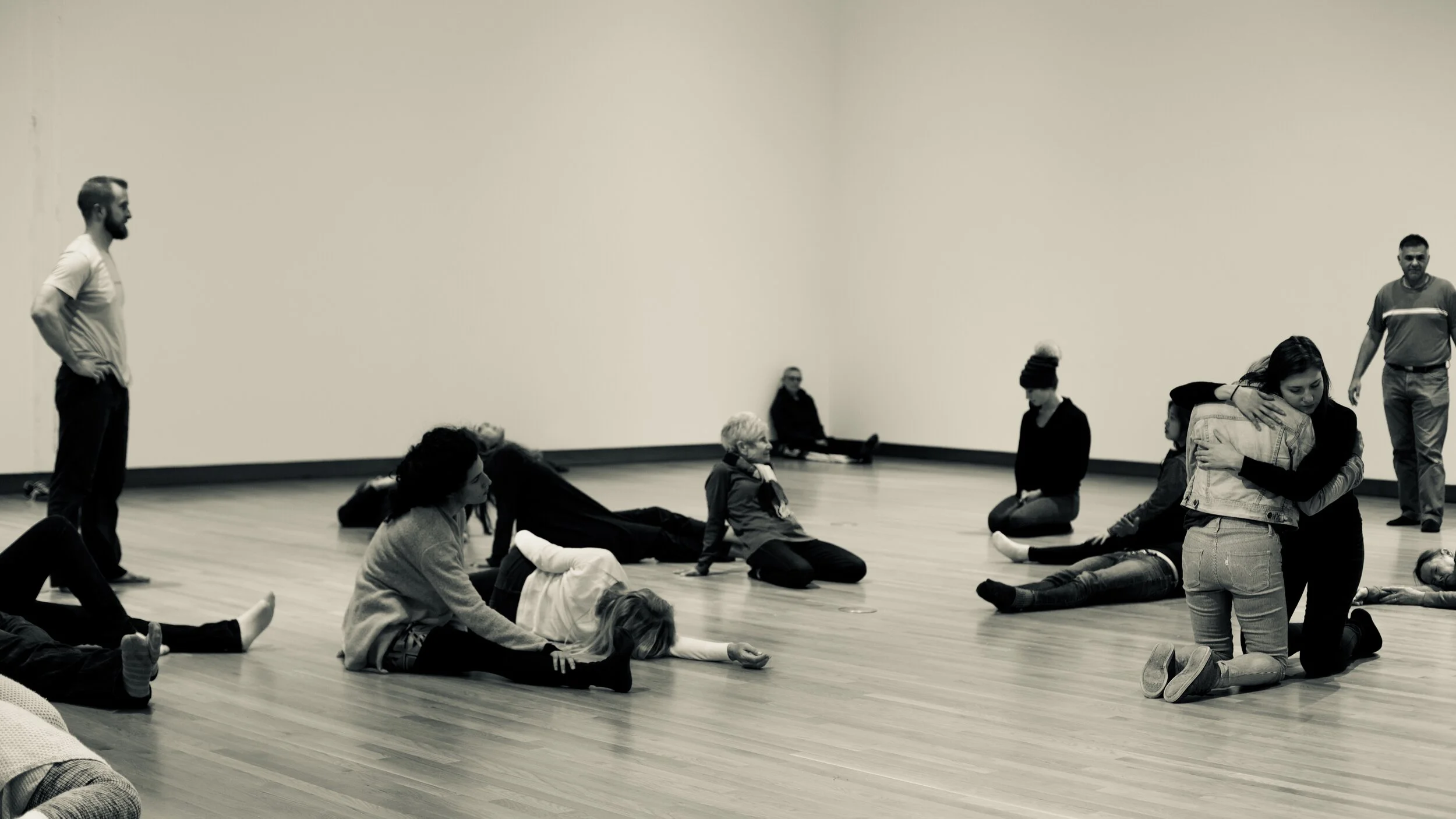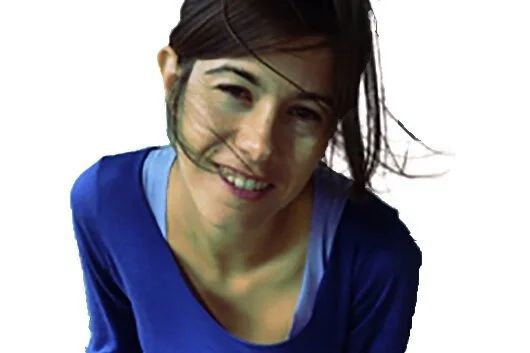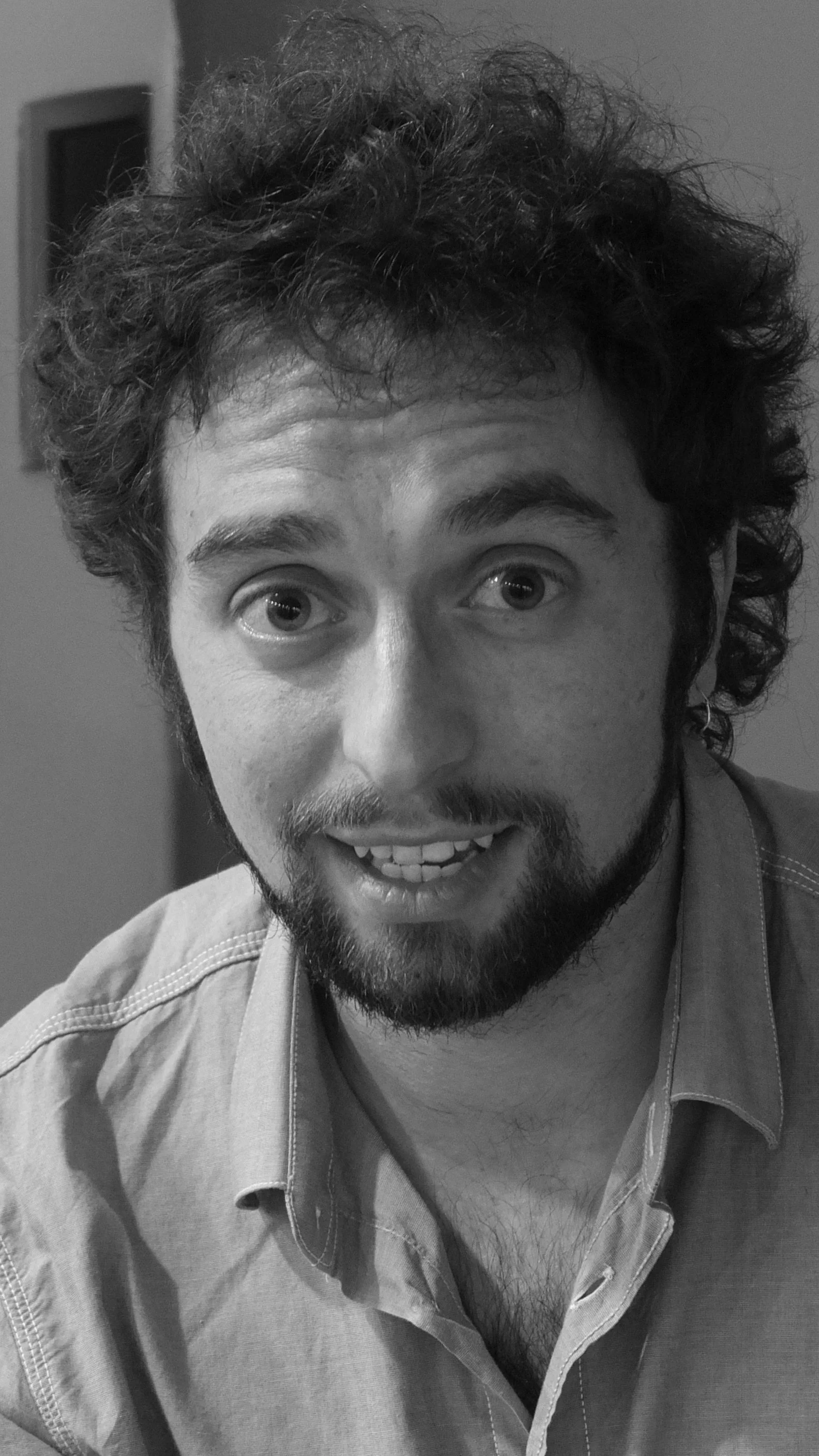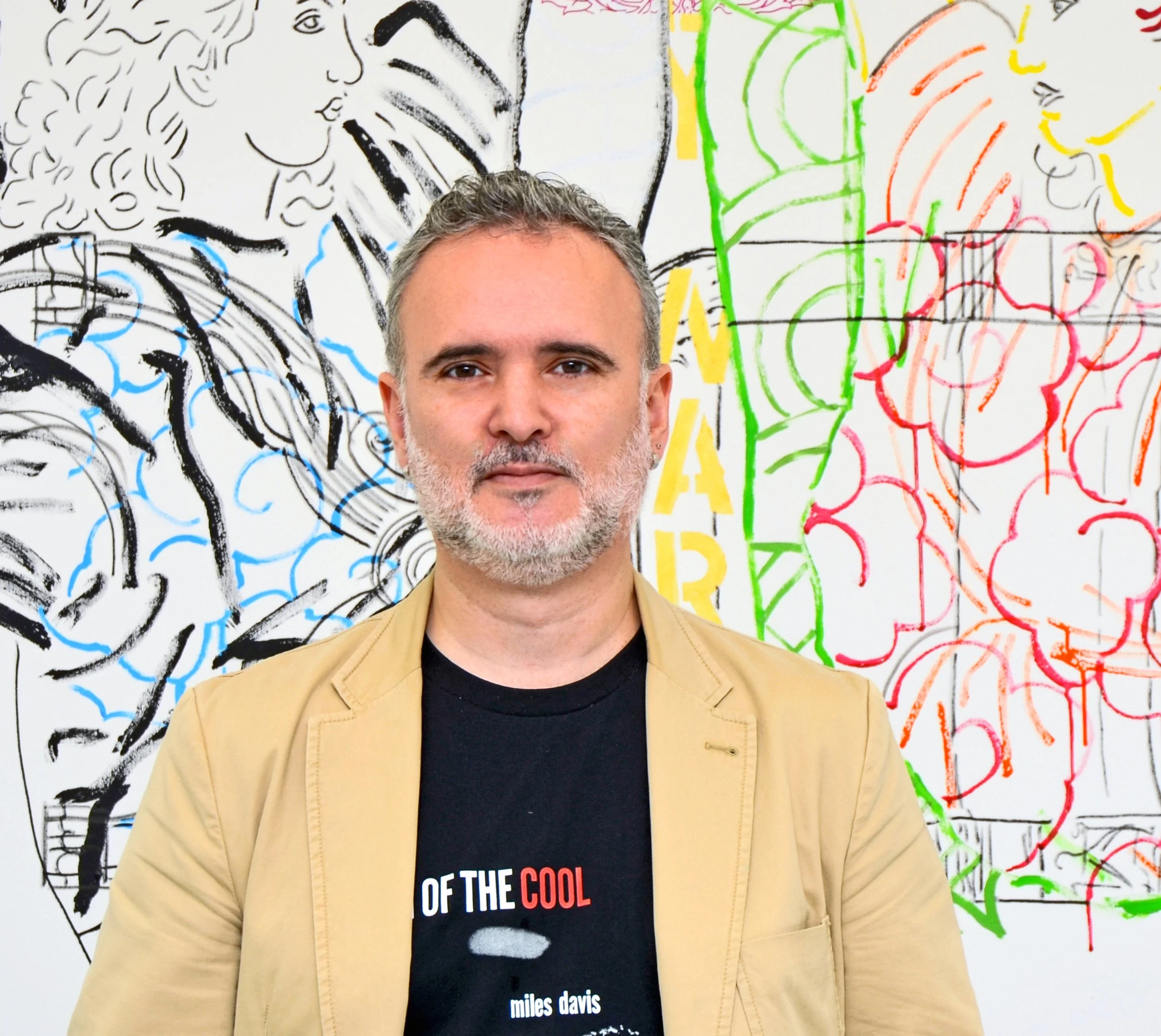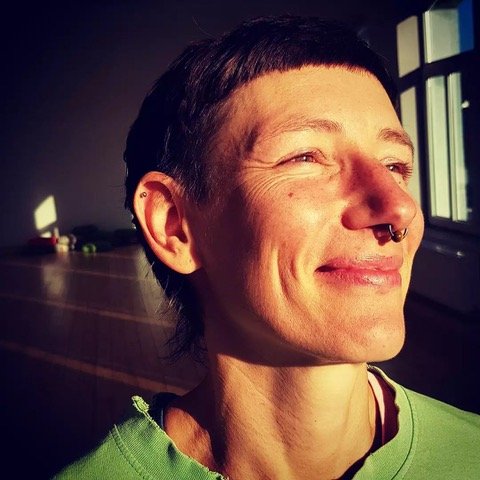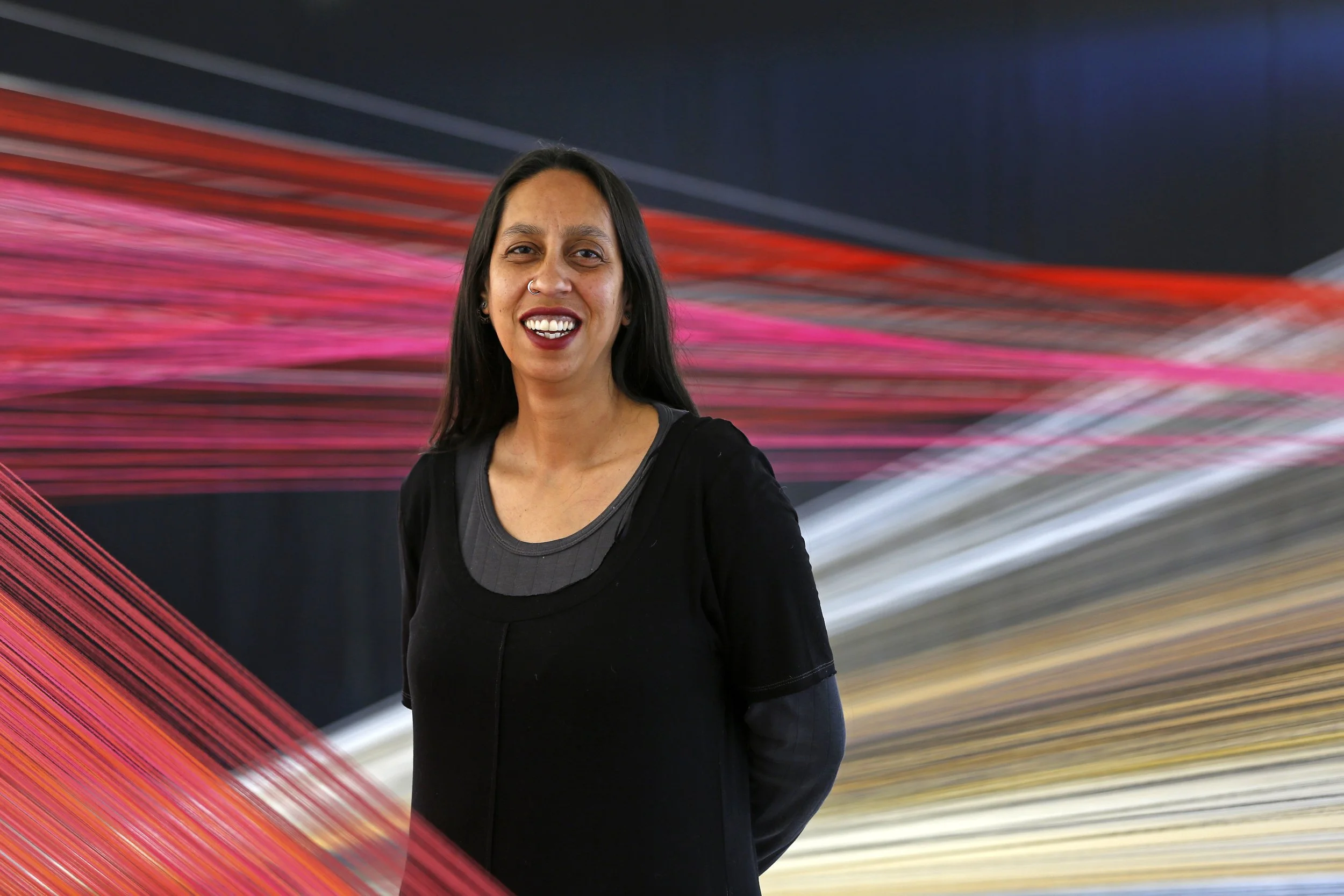Zeerak Ahmed / SLOWSPIN is a US-based Pakistani artist. She produces voice-based sculptures, meditative installations and uniquely fragile sound collages that explore notions of identity, memory and longing. Slowspin has a distinct sound practice grounded in Hindustaani classical vocal traditions, dream-folk, ambient and experimental electronic music. Poetry and melodies in her mother tongue(s)—Urdu, Farsi, Purbi and English—build new textural soundscapes.
Dr Sabina Andron is a London-based architectural historian and urban scholar specializing in urban public cultures in the neoliberal city, and methods based on visual, semiotic and legal analyses.
Gilles Aubry is active at the intersection between sound and visual arts, experimental music and academic research. As an artist, he creates installations, films, performances and radio pieces exploring sonic materiality and listening processes in relation to affect, coloniality and power. His works have been presented at numerous international art exhibitions, film festivals, music venues, and radio shows, earning him two Swiss Art Awards (2012 and 2015) and a European Sound Art Prize in 2016.
Angeliki Avgitidou studied Architecture at the Aristotle University of Thessaloniki and Fine Art at Central Saint Martins College of Art and Design, University of the Arts (MA, PhD). She has exhibited internationally at venues that include the ICA (London) and the French Museum of Photography.Her research interests include the everyday, autobiographical practices, body and space, gender and identity, performance and politics/activism, performance documentation and the archive.
Dr T J Bacon (she/they) is a trans-femme pansexual person with hidden disabilities. Her practice as an artist-philosopher foregrounds transgender studies, queer theory, crip theory and queer phenomenology to consider visual art, performance art, activism and curation. She has exhibited internationally for over 20 years and is also the founder and artistic director of Tempting Failure.
Sonia Elizabeth Barrett, of German Jamaican Parentage, was brought up in England, China and Cyprus, and thus has an international range of cultural influences. A graduate of St Andrews University where she studied Philosophy, Literature and International Relations and the Transart Institute (MFA) Sonia has shown her work at the NGBK Berlin, the OCCA California, the Format Follow Contemporary in Milan, The Museum of the Sea in Italy and the National Gallery in Jamaica.
Angela Bartram, PhD, is an artist and artistic researcher working with objects, sound, video, drawing, print, performance events, curating, and published text. The subject concerns thresholds of the human body, gallery or museum, definitions of the human and animal as companion species and appropriate strategies for documenting the ephemeral.
Juan Pablo Pacheco Bejarano (Bogotá, 1991) is an artist, writer and educator passionate about the historical, material, and mythological relations between technology and ecology.
Sarah Bennett is a practicing artist and academic. She has exhibited regularly in the UK and Europe. Bennett has 35 years experience in Higher Arts Education – previous posts include Head of Fine Art, and Head of the School of Art and Media at Plymouth University.
Dr Tracey M Benson is an Australian based artist, academic and researcher. Her work focuses on issues related to belonging, place, wellbeing and pro environmental behaviour change. Specialising in online and screen based art, user experience design, locative media and site specific installation, her work has been extensively presented internationally in media arts festivals and exhibitions.
Isak Berbic (b.1983) is an artist working with photography, moving image and performance. His research deals with social histories, politics, humor, exile, and the limits of representation. His recent artworks investigate the overlaps of documentary and fiction in relation to the visualization of contested politics and contested histories.
Sandeep Bhagwati is a multiple award-winning composer, theatre director and media artist [Studies: Mozarteum Salzburg, Musikhochschule München and IRCAM Paris]. His compositions and comprovisations (including 6 operas) are regularly performed worldwide.
Nathalie Anguezomo Mba Bikoro merges installations, sonic radio, live art performances, film & archives. Her work analyses processes of power & fictions in historical archives critically engaging in migrational struggles. She creates environments for untold narratives of resistance movements by African women and indigenous communities. Sedimented in narratives are testimonies of sonic nature archives, queering ecologies and postcolonial feminist experiences towards new monuments, reacting to the different tones of societies shared between delusions & ritual. She brings new investigations about the architectures of racisms in cities, the archeologies of urban spaces & economies of tradition systems by exposing the limitations of technologies as functional memory records.
Michael Birchall holds a collaborative post with Tate Liverpool where he is curator of public practice, and Senior Lecturer in Exhibition Studies at Liverpool John Moores University. Previously he has held curatorial appointments at The Walter Phillips Gallery at The Banff Centre (Canada), The Western Front (Canada), and Künstlerhaus Stuttgart (Germany).
Lynn Book creates media-diverse works across a range of cultural sites through research and practice that center on questions and issues of embodiment, otherness, social structures and states of public imagination.
Michael Bowdidge
Co-PhD Programme Leader
Admissions Leader and PGR Doctoral Training
Michael Bowdidge, PhD, is an artist who works with found objects, images and sound. He received his undergraduate degree in Fine Art from Middlesex Polytechnic in 1989, and completed his doctoral research at the University of Edinburgh in 2012. Michael works in a variety of educational contexts, which include academic and community settings. All of these activities enrich his teaching practice, and by extension, his creative output – as, for him, these two areas of endeavour are fundamentally intertwined.
Ren Loren Britton
Accessibility Friend and Trans*Feminist Technical Support
Ren Loren Britton is a white trans* interdisciplinary artist and researcher tuning with practices of critical pedagogy, trans*feministtechnoscience and disability justice. Playing with the queer potential of undoing norms they practice joyful accountability to matters of collaboration, accessibility, Black feminisms, instability and trans*(positioning + gendering)politics. They love slugs, slowness, reading, repetition, non-linearity and experimenting.
Dr. Rachel Epp Buller is a feminist art historian printmaker book artist professor and mother of three. She holds a PhD in art history and an MFA in creative practice. Much of her artistic, written, and curatorial work has addressed the maternal body and feminist care in contemporary art contexts. Her current writing and artistic research explores slow practices, such as walking and stitching, with a particular focus on letter-writing as an act of relational care and a radical intervention into practices of academic scholarship.
Alison J Carr is an artist, mentor, and independent scholar. She works visually and creates performances. Alison has shown her work nationally and internationally in USA and Europe. Career highlights include being a Site Gallery Platform / Freelands resident and co-editing Sex on Stage, with Dr Lynn Sally, forthcoming, Bloomsbury.
Nicoletta Cappello (she/her) (based in Sicily/Madrid/Helsinki) is a performing artist, and Doctoral Researcher in the Doctorate in Arts and Education University of Girona (ES) connected to the Chair of Movement and Languages, in co-tutelle with the Department of Education at University of Catania (IT), currently visiting the Artistic Doctorate in Performing Arts at UniArts Helsinki.
Jean Marie Casbarian (b. Aberdeen, MD) is an interdisciplinary artist who works across photography, video, sound, writing and performance. She holds an MFA from Milton Avery School of Art at Bard College, New York (2000) and a BFA from the University of Colorado at Denver (1987). Her artistic practice lies in her interests around the reinterpretation of memory, personal fictions, migratory space and the essence of time. Along with exhibiting her works throughout the United States, Europe, Central America and Asia, Casbarian has received a number of awards and artist residencies including the Lower Manhattan Cultural Council, Louis Comfort Tiffany Foundation nomination, The LaNapoule Foundation Grant in LaNapoule, France, the Chicago Artist's Assistance Project Grant, an Associateship with The Rocky Mountain Women's Institute and has been a Research Associate with Five Colleges, Inc (Amherst, MA).
James Charlton is a second-generation New Zealand Post-object Artist whose work includes video, object-based sculpture, stereo-lithography, installation, robotics, interactive screen-based and performance work. He lectures in sculpture, post-material practices and interactive installation, at Auckland University of Technology.
Gyungju Chyon’s work focuses on relationships between designed things and environments through engaging natural phenomena and exploring materialities. She is interested in delving beyond technological performance, seeking deeper and meaningful connections between things, environment and people for our health, well-being, and ecological living.
Chella Leigh
Transart Co-founder and Director
An international artist, Chella has exhibited photographs at the Berlin Biennale, Lisbon Architectural Triennale, Tallinn Print Triennale, Rochester Museum of Fine Art, Melbourne Photo Biennale, Ruhr Biennale and Santorini Biennale. Chella holds an MFA degree and studied at Washington Square Institute for Psychoanalytic Training in New York, l’École des Beaux-Arts de Paris and l’Université Paris-Sorbonne and independently with Nicholas Nixon and Robert Frank.
Alessandra Cianetti is a London-based co-director, curator, and researcher. Her practice within contemporary art and performance art explores systemic socio-political issues with a focus on notions and lived experiences of intersectional borders, social justice, and politics of labour.
Aleasha Chaunte is a founding director of One September an arts production and development partnership concerned with promoting best practice in the sector and empowering socially engaged independent arts practitioners to make their work.
Nick Crowe is a British-born visual artist who works predominantly in sculpture and film and video. He was very active in .net art in the 1990s, producing several bodies of work using glass engraving to capture the textures of the emergent internet culture of the time.
Sean Clute is an interdisciplinary artist, composer and performer. Clute’s creations embrace hybridization of media and interactivity to explore forms of interdisciplinary expression. By developing custom software and hardware, Clute experiments with technologies and methodologies to construct audiovisual instruments, sensor-based interfaces and computer generative processes. Collaboration, a key element in his work, is employed through partnerships with choreographers, musicians, scientists, writers and artists.
Geoff Cox is an occasional artist and Professor of Art and Computational Culture at London South Bank University (UK), where he is co-Director of Centre for the Study of the Networked Image (CSNI), also Adjunct at Aarhus University (DK). These roles are undertaken with an artistic sensibility.
David Antonio Cruz is a multidisciplinary artist and a Professor of the Practice in Painting and Drawing at the School of the Museum of Fine Arts at Tufts University. Cruz fuses painting and performance to explore the visibility and intersectionality of brown, black, and queer bodies. Cruz received a BFA in painting from Pratt Institute and an MFA from Yale University. He attended Skowhegan School of Painting and Sculpture and completed the AIM Program at the Bronx Museum.
Dorit Cypis is an artist, educator, mediator, and community-builder exploring how history, identity, and social relations inform one another, guided by the question “Who are we to one other?”
Christopher Danowski (PhD) is a theatre and performance artist. He has written over fifty plays, directed, and performed in living rooms, galleries, and unusual spaces (sometimes in theaters). He was artistic director of Theater in My Basement from 1999-2013, and now serves as a founding member of Howl Theatre Project. He is based in Phoenix and his work has been shown locally, in New York, Minneapolis, Seattle, Yucatán, Mexico City, Dublin, Laval, Vienna, Berlin, and Kraków.
Leah Decter is an inter-media artist and scholar based in Winnipeg; Treaty 1 territory. Her artwork, research and writing focus on contested spaces, largely contending with histories and contemporary conditions of settler colonialism and systems of white dominance from a critical white-settler perspective. Her current artistic/research-creation projects address social-spatial dynamics of settler colonial contexts and consider the ethics of being-in-relation in spaces of Indigenous sovereignty. Her current research and writing focus on arts-based critical white settler methodologies that aim to contribute to the goals of decolonial, non-colonial and anti-racist movements.
Jean-Ulrick Désert is a conceptual and visual-artist. He received his degrees at Cooper Union and Columbia University (New York) and has lectured or been a critic at Princeton, Yale, Columbia, Humboldt University and l’école supérieur des beaux arts.
Fayen d'Evie is an artist and writer, born in Malaysia, raised in Aotearoa New Zealand, and now living in the bushlands of unceded Djaara country, Australia
Spelman Downer has worked as a visual artist since 1977, with studios in New York City, Santa Fe, NM, San Francisco, CA, Anchorage, AK, Hoboken and Jersey City, NJ. Lives in the Mojave Desert in Yucca Valley, CA where he is director of Gallery Turquoise South.
Steve Dutton
Co-PhD Programme Leader
Admissions and Partnership Development
Steve Dutton is an artist, researcher and curator who works on both collaborative and individual projects. He is developing a new body work under the working title of “industry” which is including drawings, sound works, animations, objects and texts. His work is difficult to classify, as it moves between various media, materials, processes and forms.
David Dunn is a composer and artist who primarily engages in site-specific interactions or research-oriented activities. Much of his current work is focused upon the development of listening strategies and technologies for environmental sound monitoring in both aesthetic and scientific contexts. Dunn is internationally known for his articulation of frameworks that combine the arts and sciences towards practical environmental activism and problem solving.
Nicolás Dumit Estévez Raful Espejo treads an elusive path that manifests itself performatively or through experiences where the quotidian and art overlap. He has exhibited and performed extensively in the U.S. as well as internationally
Bert de Muynck [Belgium, 1977] is an architect, writer, lecturer and co-director of MovingCities. He holds a MA Architectural Engineering [Catholic University Leuven, BE] and a GAS Cultural Sciences [Free University Brussels, BE]. He is a prolific public speaker, writer and has lived and worked in Amsterdam [NL, 2001-06], Beijing [2006- 09], Shanghai [2009-2018] and is now based in Lisbon.
Mary Edwards is a composer, sound artist and designer whose interdisciplinary practice encompasses themes of temporality, impermanence, nostalgia and the natural world that recur throughout her work. She is interested in the invisible architecture and the emotive, historic, cinematic and spatial properties of sound that are simultaneously intimate and immense.
Mandu Ekpenyong is a Senior Lecturer in the MPH Global Health Programme at Manchester Metropolitan University. Mandu received a BSc in Medical Physiology from the University of Port Harcourt and an MPH in Maternal, Child, and Adolescent Health from the University of Ibadan, all in Nigeria. Mandu received her Doctoral Degree in Public Health and Epidemiology, with specialisation in Maternal and Child Health, from the University of Wolverhampton.
Shelley Etkin is a transdisciplinary artist, educator, and gardener based in Berlin, Germany with roots in the US/Turtle Island and Israel/Palestine. She works at the intersections of art and ecology, engaging with relations between bodies and lands through place-based knowledges. Her work integrates practices from dance/somatics, herbal medicines, pedagogy, and intersectional queer feminist community organising. Shelley’s bodywork and earth-care practices are dedicated to expanding perception, communication, and connectivity particularly with the plant world. ‘Landing‘ as a process and movement forms the grounds for her methodology.
Simon Faithfull is a contemporary artist whose work has been exhibited extensively around the world. His practice has been described as an attempt to understand and explore the planet as a sculptural object – to test its limits and report back from its extremities. Within his work Faithfull often builds teams of scientists, technicians and transmission experts to help him bring back a personal vision from the ends of the world.
Jon Field was born in Manchester, England in 1963, and was educated at Lancaster University, receiving his doctorate in 1998. After twenty years working in the United States, he now lives in Ipswich, England. Working across a range of media, he maintains an international exhibition portfolio.
Robyn Ferrell is honorary professor of cultural studies at Sydney University, a visiting fellow at the Australian National University and member of the Coetzee Centre for Creative Practice at the University of Adelaide.
Lucy Finchett-Maddock is an artist and academic at Sussex Law School, writing, researching and teaching in the fields of critical legal theory and speculative philosophy. She is one of the founders of the Art/Law Network and writes broadly on the themes of resistance, aesthetics, property, artificial divisions of art and law, and entropy.
Luca Forcucci is an artist, composer, and scholar exploring the relationships between the sonic, consciousness, perception, experience, memory, and the body. His research and artworks are regularly presented worldwide and have won numerous national and international awards in well regarded contexts.
Linda Franke was born in Dresden, Germany, and is based in Los Angeles. Her work engages with the constants of human life by staging situations in which our daily routines are being transformed into absurd Tableaux Vivants.
Borinquen Gallo is an artist and educator born in Rome, Italy who lives and works in NYC. She holds a B.F.A., from Cooper Union; an M.F.A. in Painting, from Hunter College, and is a Ed.D. candidate, at Teachers College, Columbia University. She is currently Visiting Assistant Professor of Art and Design Education at Pratt Institute and Instructor at the National Academy Museum and School where she was also appointed as Studio Practice Program Head, 2015-2016.
Allison Geremia is a current professor of Art History at the University of Massachusetts and also a practicing jeweler. She received her Ph.D. at the University of Plymouth through Transart Institute. Her dissertation examined contemporary jewelry of the United States and its sociological implications. She received her Masters at Parsons in the History of Decorative Arts and Design at the Cooper-Hewitt, National Design Museum.
Professor Anna Gibbs teaches in the School of Humanities and Communication Arts at Western Sydney University. A member of the Writing and Society Research Centre and the Digital Humanities Research Group, she writes across the fields of textual, media and cultural studies focussing on feminism, fictocriticism and affect theory.
Laura González is an artist, writer, yoga teacher and an Athenaeum Research Fellow at the Royal Conservatoire of Scotland. She is also faculty at Transart Institute. When she is not following Freud, Lacan and Marx’s footsteps with her camera, she teaches art and psychoanalysis at various institutions in Europe and the US. She creates intimate durational performances for galleries and festivals, including Unfix, Buzzcut, Glasgow Open House and Market Gallery, and, in 2019, her work was shortlisted for the Adrian Howells Award for Intimate Performance.
Victoria Gray (PhD) is an artist and practice-led researcher, and has presented work nationally and internationally throughout the UK, Europe, USA and Canada. With an initial conservatoire training in dance and somatic practice (1998 - 2004), and a PhD in philosophy, her primary medium and material is the body.
Alex Grünenfelder is a Canadian and Swiss artist and designer studying the sensory and relational nature of landscapes. His projects employ performance, printed matter, informal pedagogy, and expanded sensory modalities of tasting.
Carolyn Guertin is a scholar-practitioner of new media. She is a Senior Researcher in the Augmented Reality Lab at York University in Toronto and is a faculty member in the MFA and PhD programs at Transart Institute in Berlin, Germany.
Carl Haase received a Bachelor’s Degree in Fine Arts from the Maine College of Art, Maine, US in 2001. In 2005 he completed a four-year apprenticeship in a letterpress studio in the Maine, US. Shortly thereafter, he founded and operated a silkscreen studio which specialised in fine art printing in conjunction with freelance design projects. Currently he is continuing this body of research as a PhD candidate at the University of Antwerpen’s ARIA (BE) program.
Marc Herbst is an broadly interdisciplinary researcher, artist, editor/publisher and sometimes activist whose core experiences are built upon work on the Journal of Aesthetics & Protest he co-founded in Los Angeles in 2000. The journal describes itself as a 'weirdo archive' and his interests are culturally odd, relational, marginal and interested in the radical.
Victoria Hindley practices publishing as artistic practice. She is the Acquisitions Editor for Visual Culture and Design at the MIT Press (Cambridge, Massachusetts, USA and London, England). Her art practice includes internationally exhibited and featured artists' books, installations, and collaborative interventions.
Michael Hirschbichler studied architecture at ETH Zurich and philosophy at Humboldt Universität zu Berlin and completed his doctoral dissertation on “Mythical Constructions” at Berlin University of the Arts (UdK). He lived and worked in various countries, such as the United States, Switzerland, Papua New Guinea, Italy, Azerbaijan and France and is currently based in Zurich and Munich.
Sara Hudston is a writer and editor. Her work focuses on the living world and the spirit of place. She writes non-fiction, fiction, and much in between.
Fawz Kabra is founder and director of Brief Histories gallery in New York City, where she collaborates with artists on exhibitions and publication projects.
Dean Kenning is an artist, writer and educator who lives in London. He makes kinetic sculptures that suggest an idiotic vitalism and he also has a wide-ranging diagram practice spanning art and learning. He has written about the politics of art and art education. He is the winner of the Mark Tanner Sculpture Award 2020-21.
Beth Krensky is Area Head and Professor of Art Teaching at the University of Utah. She is an artist working in the border zone between social issues and the sacred who creates objects and performative gestures as a contemplative act.
Michael Kliën is a choreographer and artist whose work has been situated around the world. Kliën’s artistic practice encompasses interdisciplinary thinking, critical writing, curatorial projects, and, centrally, choreographic works equally at home in the Performing as well as the Fine Arts.
Caroline Koebel is an Austin-based filmmaker and writer, with recent retrospectives at Festival Cine//B (Santiago, Chile) and Directors Lounge (Berlin, Germany). Current research focuses on the relationship individuals have to the greater reality of contemporary global experience and the means by which information is disseminated, gathered and assimilated in the Web 2.0 age.
Paula Kramer is an artist-researcher and movement artist based in Berlin. She holds a practice-as-research PhD in Dance (Coventry University) and was a post-doctoral researcher at Uniarts Helsinki between 2016 and 2019. She is currently active as an independent artist-researcher and until the end of 2020 as a visiting researcher at the Centre for Artistic Research of Uniarts Helsinki.
Anthi Kosma is an architect researching drawing as performative action and emotional writing. She obtained her PhD from the School of Architecture of Madrid in 2014 with Distinction (Sobresaliente Cum Laude). Since 2019, she has been teaching at the Department of Architecture at the University of Thessaly, Greece.
Stephen Kwok makes experimental events that incorporate sculpture, live performance, digital media, and text. He has exhibited his work at Seoul Museum of Art; Surplus Space, Wuhan; Haus der Kulturen der Welt, Berlin; Center for Performance Research, Brooklyn; Julius Caesar Gallery, Chicago; Contemporary Arts Center, New Orleans; and Lawndale Art Center, Houston. He was an artist-in-residence at Delfina Foundation’s Performance as Process program in London.
Syowia Kyambi
MFA Programme Leader
Syowia Kyambi is a mixed media artist, who enjoys performing characters within her performance installations to tell stories, an alternative layered narrative about history in an attempt to disrupt mono-cultural violence. The connection between the psyche, history and the entanglement that exists within non-stagnant identities is ever present in her creative process. Her practice probes issues of race, perception, hierarchical systems, gender studies and body memory. Based in Nairobi and of Kenyan and German origin, Syowia Kyambi has received commissions by the Kenya Institute of Administration, the National Museum of Kenya and the Art 4 Action Foundation in Kenya.
Danica Maier, an American-born artist and academic based in the UK, has a diverse background in painting, textiles, and drawing.
Rosie Olang’ Odhiambo is a curator, bookmaker and artist based in Nairobi, Kenya. She is facilitating a session for the Trans Art residency in Nairobi
Abbéy Odunlami Ph.D. (b. Abeokuta, Ogun State '82) is a Yoruba-Nigerian-American researcher, theorist, and educator/curator whose work investigates contemporary urban history and visual culture(s). His interdisciplinary practice challenges assumptions of history, culture, race, and conventions of display. Odunlami has worked with institutions such as the Sundance Film Festival, the Art Institute of Chicago, the Museum of Contemporary Art Detroit, and the Haus der Kulturen der Welt in Berlin.
Lisa Osborn has maintained a studio since 1994. Her practice is dedicated to the subject of the figure and the medium of clay. She completed a practice-based PhD at Transart Institute in 2018 entitled 'Encountering Statues: Object Oriented Ontology And The Figure In A Sculptural Practice'. Her research remains focused on what happens when we encounter statues and what is revealed about us when that encounter is considered.
Tom Overton is a writer and and Archive Curator/Postdoctoral Fellow at the Barbican Centre, London. As part of an AHRC-Funded PhD between the British Library and the Centre for Life-writing Research, King's College London, he catalogued the archive of the writer and artist John Berger (1926-2017), and curated a conference, free school and exhibition at Somerset House, London, to mark the 40th Anniversary of Berger's collaborative TV series and book Ways of Seeing (1972) and Booker-winning novel G.
Diogo Passarinho is a Portuguese architect, and founder of D_P_S, a practice based in Berlin. D_P_S is a research-based design studio, founded in 2015, investigating how emotional contexts can be brought into shaping spatial memories.
An Paenhuysen is a freelance writer, curator, and arts educator. She wrote her Phd about the cultural criticism of the Belgian avant-garde artists in the 1920s. As a post-doc An has been working on 1920s photography at Columbia University New York, UC Berkeley, and the Humboldt-University Berlin.
Sascia Pellegrini’s expertise and research is in intermedia, and interdisciplinary arts, with a strong background in music composition and dance choreography: in his research he has a particular interest in the phenomenology of the act of performance and its implications upon interdisciplinary thinking and praxis.
Arturo Delgado Pereira (PhD), also known as Chico Pereira, is a practicing filmmaker and academic living between Finland and Spain. Pereira’s film work combines experimental ethnographic methods, art as social practice and performative documentary, with a particular interest in rural and post-industrial areas.
An Paenhuysen is a curator, art critic, writer and educator based in Berlin. Her curatorial career started at Hamburger Bahnhof - Museum of Contemporary Art, Berlin, in 2009, curating exhibitions of Paul Pfeiffer, Land Art and Valeska Gert.
Simon Pope’s art practice is preoccupied with participatory art’s engagement with new materialism and concepts of the more-than-human.
Dr Zoran Poposki, FRSA is a multi-award-winning transdisciplinary artist, filmmaker, and curator based in Hong Kong. Poposki explores cultural translation, liminality, identity, and public space through digital art (including AI and NFT art) combined with painting, drawing, photography, (post-digital) printmaking, performance art, video, film, curating, art education, and publishing.
Ernesto Pujol is a queer eco-cultural worker in the post-democratic age of extinction. He socially choreographs durational performances as psychic portraits of peoples and places under threat. Pujol creates aesthetic, meditative, meditative experiences crafted with elements of walking and stillness, silence and minimal gestures.
Abdullah Qureshi is a multidisciplinary artist, curator, and educator. Rooted in traditions of abstraction, he incorporates gestural, poetic, and hybrid methodologies to address autobiography, trauma, and sexuality through painting, filmmaking, and immersive events.
Aisha Richards is an author, a practicing designer for over a decade and an academic activist. As breathe of practice evolves she applies intersectional social justice to everything she does. Founding Shades of Noir, The Centre for Race & Practice Based Social Justice her work has inspired and informed the full spectrum of creatives and educational practitioners across the UK.
Dr. Carolina Rito is Professor of Creative Practice Research, at the Research Centre for Arts, Memory and Communities (CAMC), at Coventry University, UK; and leads the centre’s Critical Practices research strand. Carolina Rito is a researcher and curator whose work explores ‘the curatorial’ as an investigative practice, expanding practice-based research in the fields of curating, visual arts, visual cultures and cultural studies. In her work, Rito has been preoccupied with the notions of knowledge production in the field of the curatorial. This has meant that her interest resides on how practices – such as curating – produce new knowledge, or, in other words, produce a particular way of understanding the world.
Merete Røstad is a visual artist and curator working with publics, remembrance and archive. Her practice concerns the perception of our everyday exchange and experiences within our surroundings, one aspect of this being how we read the traces left behind.
Steve Rowell is an artist who works with photography, moving image, sound, installation, maps, and spatial concepts to produce complex multicomponent projects. His practice investigates terrains of perception, nonhuman intelligence, ecologies, and technology, exploring the landscape as a site of political imagination. Steve contextualizes the morphology of the built environment with the surrounding medium of Nature, appropriating the methods and tools of the geographer and archaeologist.
Gabriela Saenger Silva is an arts practitioner and researcher specialising in education and socially engaged practices. Socially engaged practices and community work Futurism Horticulture and food. She is a PhD candidate at the Exhibition Research Lab at Liverpool John Moores University.
Lorenzo Sandoval works as an artist and curator, and produces spatial devices that work as narrative machines. Since 2015, Sandoval runs The Institute for Endotic Research, which opened as a venue in 2018 in Berlin, co-directed by Benjamin Busch, and recently by Amouefa Amoussouvi too. His recent research deals with divergent genealogies of the connections between image production, textile making and computation.
Ali Schwartz is a queer-feminist freelance artist, contact improvisation dancer, choreographer, performer, curator, activist and relationship therapist based in Leipzig, Germany. Motivated by visions of social, gender, climate and health justice, Ali is committed to embodied emancipatory practice
An independent curator, Luisa Santos holds a Ph.D in Culture Studies by the Humboldt & Viadrina School of Governance, in Berlin, and M.A. in Curating Contemporary Art by the Royal College of Art, in London. Luísa Santos is also a Researcher in Culture Studies / Artistic Studies, since 2019 at the CECC of the Universidade Católica Portuguesa. Between 2016 and 2019, she was Assistant Professor, with a Gulbenkian Professorship, at the Faculty of Human Sciences of the Universidade Católica Portuguesa.
Usha Seejarim (b. South Africa) is a conceptual and socially engaged artist who uses found objects to communicate complex and simple ideas about the domestic position of women.
Alessandra Saviotti is a curator, art educator and cultural activist who lives in Amsterdam. She is a PhD researcher at Liverpool John Moores University and a member of Art Workers Italia.
Kim Schoen (b. 1969, Princeton) lives and works in Los Angeles and Berlin. She received an MFA from CalArts in 2005, and a Master of Philosophy from the photography department at The Royal College of Art in London in 2008. Her work in photography and video installation has shown at numerous institutions and galleries worldwide including LACMA, MoCA, The Los Angeles Museum of Art (LAMOA), Richard Telles Fine Art, Young Projects, Moskowitz Bayse, LM Projects, and LAXART in Los Angeles; MMoCA (Madison Museum of Contemporary Art), BAM, Brooklyn, NY; The South London Gallery, Whitechapel Gallery, MOT International in London, Museum of Contemporary Art of Rome; Museo de Arte Moderno y Contemporaneo, Spain; Archive Kabinett, Kunstverein Springhornhof, Kleine Humboldt Galerie, and Edith Russ Haus für Medienkunst.
Dread Scott makes revolutionary art to propel history forward. He first received national attention in 1989 when his art became the center of controversy over its use of the American flag. President Bush (the first) declared his artwork “disgraceful” and the entire US Senate denounced it as they passed legislation to “protect the flag.” His work has been exhibited at the Whitney Museum of American Art, PS1/MoMA, the Brooklyn Museum, and at the DeBeyerd Center for Contemporary Art in the Netherlands.
Analia Segal graduated as a Graphic Designer from the University of Buenos Aires in 1985 and got a masters degree in Art from New York University in 2001. She studied at the Studio Arts Centers International in Florence, Italy from1989 to 1990 where I learnt how to use of different materials. Segal received the “Ann K. Meredith” Fellowship, granted by the Studio Arts Centers International of the Cleveland Institute of Art to work in Pietrasanta, Italy in 1989, Pollock Krassner Foundation grant in 2003, New York Foundation for the Arts fellowship in 2003.
Dr Jo Scott is an artist-researcher and educator, who researches through making performances and sound walks. Jo’s current research uses sited sound to explore the more than human world. She has completed more than 20 artistic research projects, as well as supervising and examining 12 practice-based PhDs.
Edward Shanken is best known for his scholarship at the intersections of contemporary art and new media. He has supervised dozens of MFA and practice-led Ph.D. students in the US and Europe and is committed to helping former students succeed in academic careers. He is Professor of Arts at UC Santa Cruz.
Hans Tammen creates sounds that have been described as an alien world of bizarre textures and a journey through the land of unending sonic operations. He creates rapid-fire juxtapositions of radically contrastive and fascinating noises, with micropolyphonic timbres and textures, aggressive sonic eruptions, but also quiet pulses and barely audible sounds.



















